If you shower at night you’ve likely experienced waking up to knotted, frizzy, and brittle strands. Not to mention the funkiest case of bedhead. And haven’t we all heard the old tale that if you go to bed with wet hair you’ll wake up with a cold? While there's no evidence that you can catch a cold from sleeping with wet hair, it does impact the health of your scalp and strands. The main reason is that the structural integrity of hair weakens when wet. The cuticles naturally lift up when wet, making the hair more vulnerable and prone to breakage.
There are also scalp concerns associated with sleeping with wet hair like unwanted bacteria, fungal infections, skin irritation, itchiness, dryness, redness, and dandruff. If you’re not ready to give up your nightly shower routine we’ve got you covered. There’s a right way to sleep with wet hair for every hair type and we’re breaking it down below.

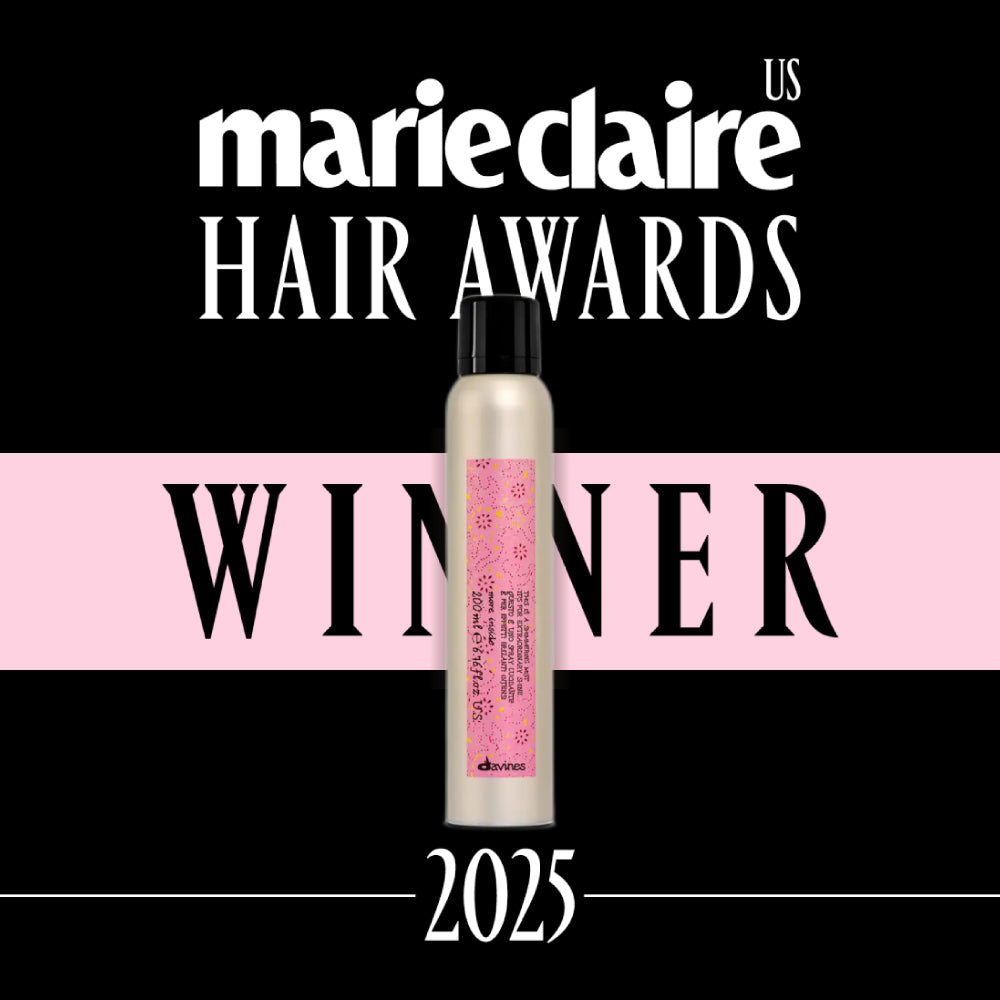


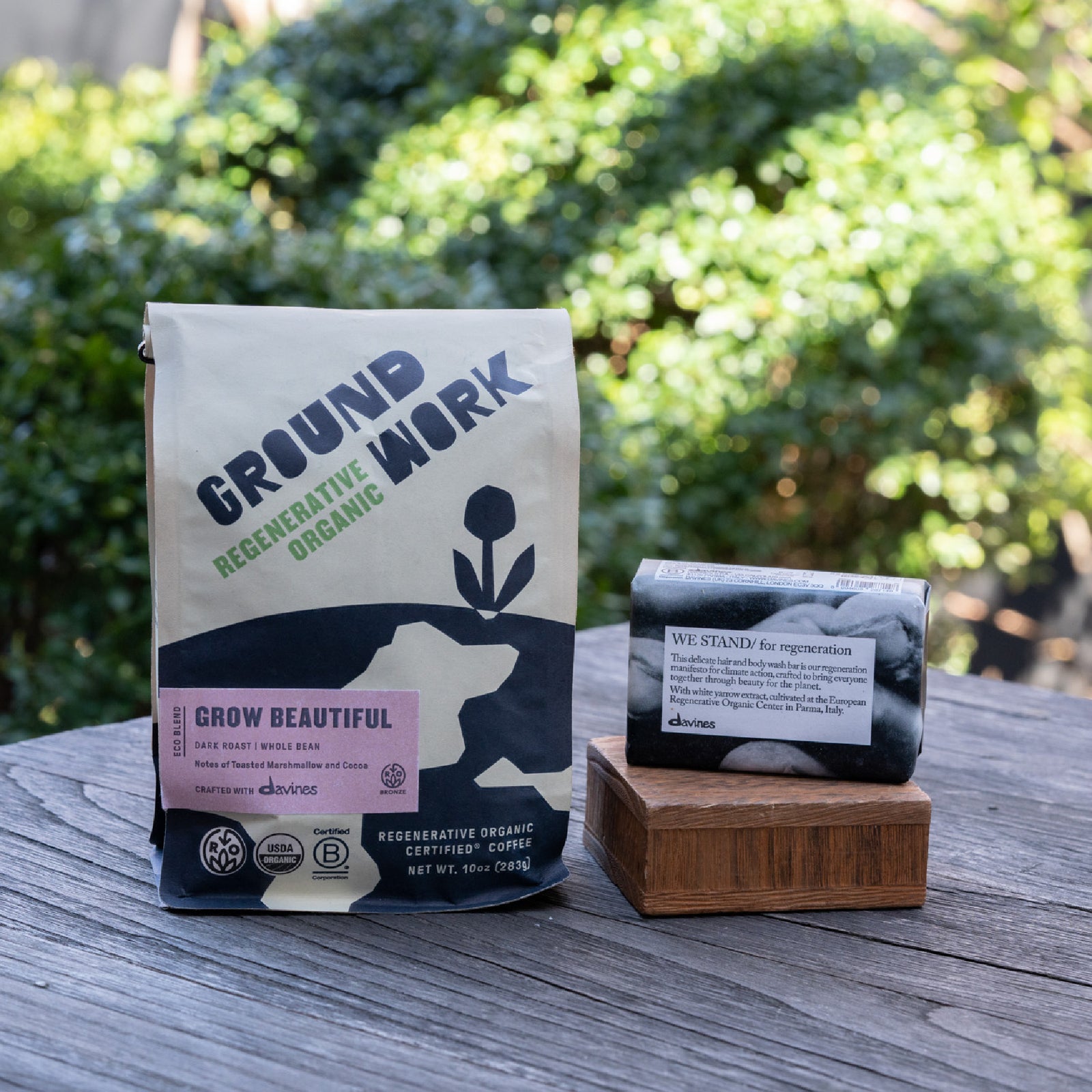
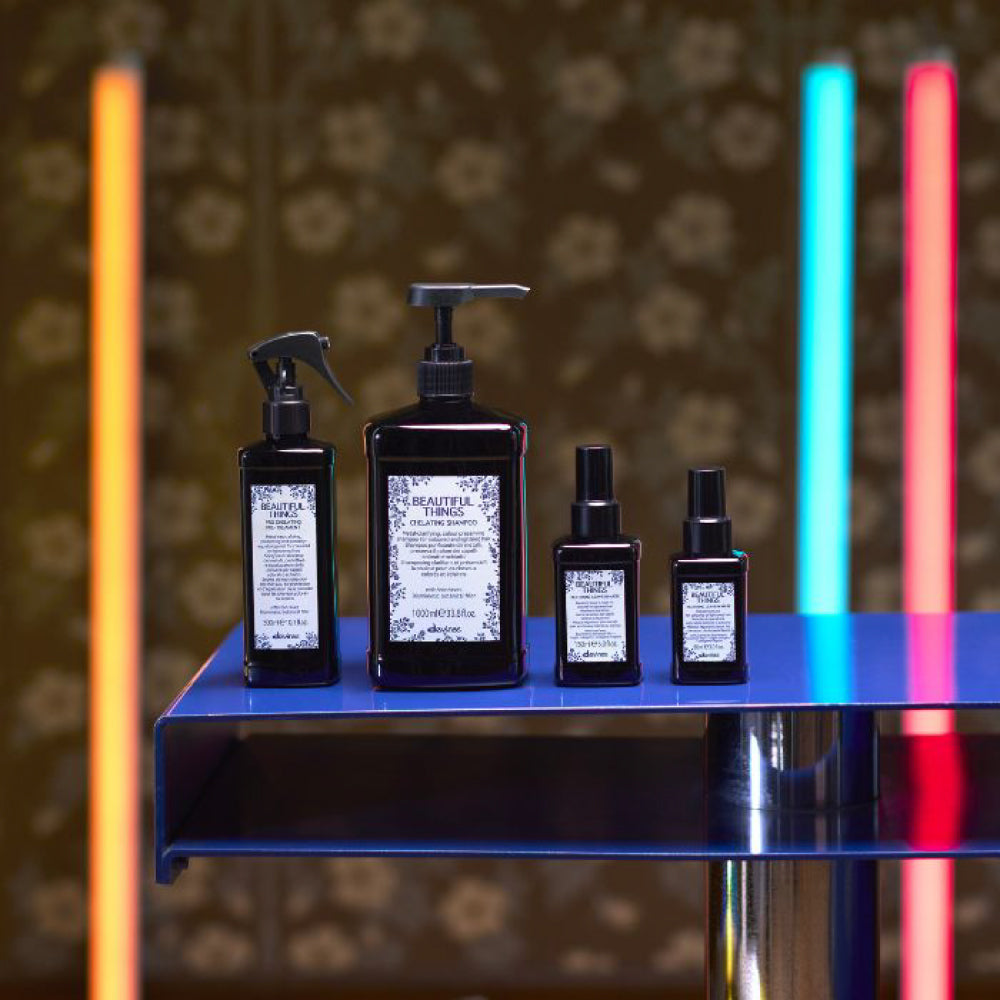
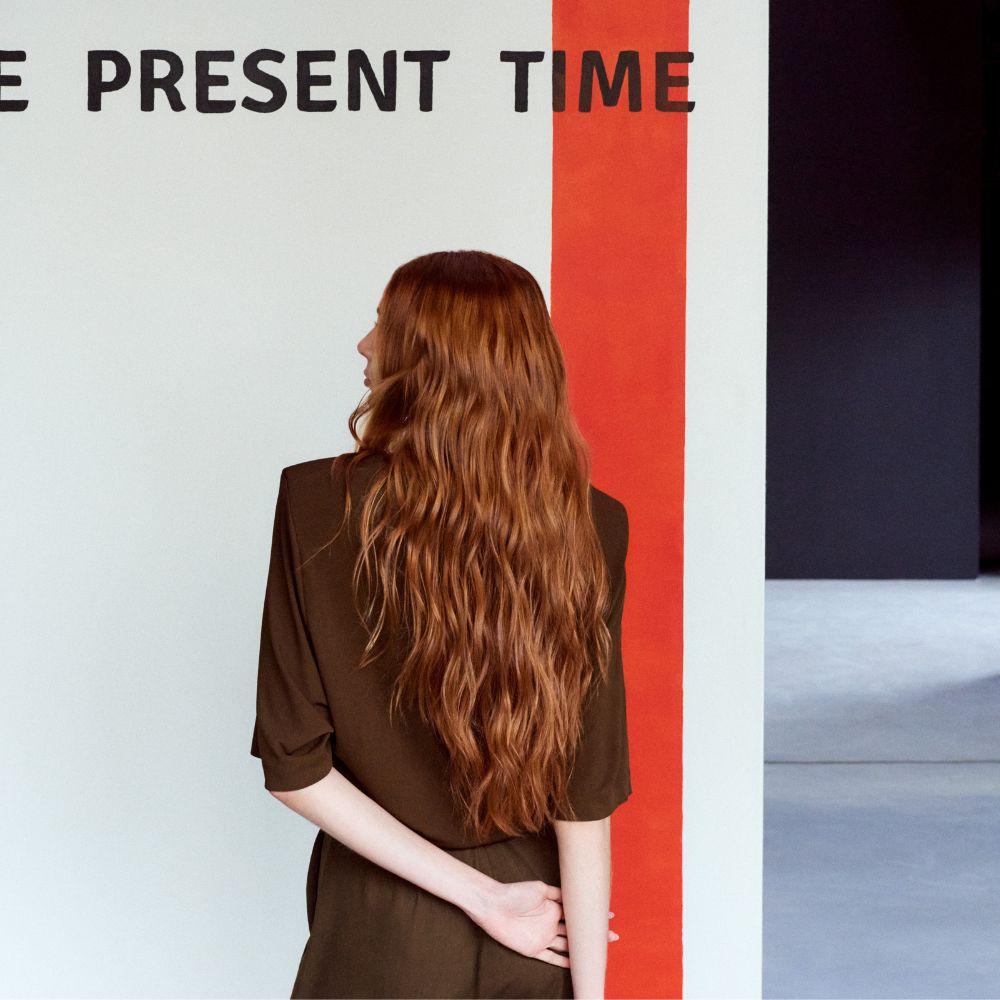
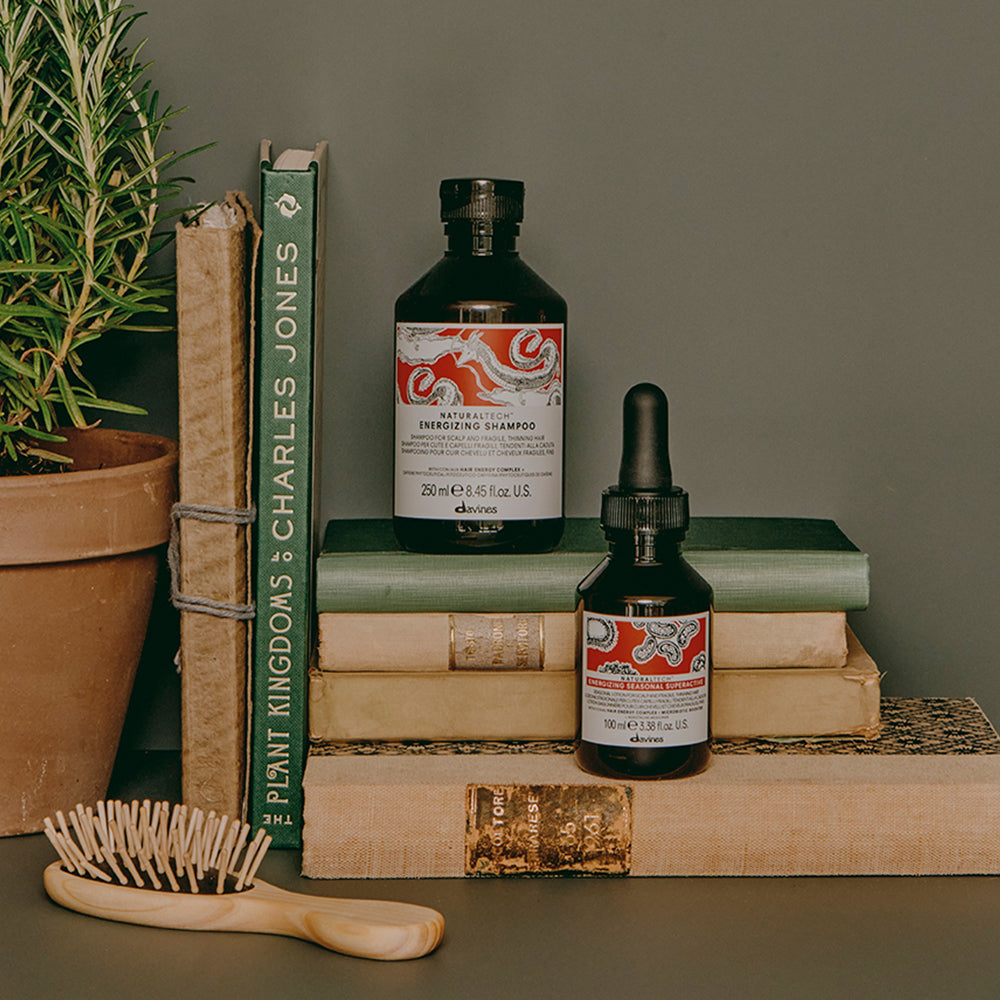
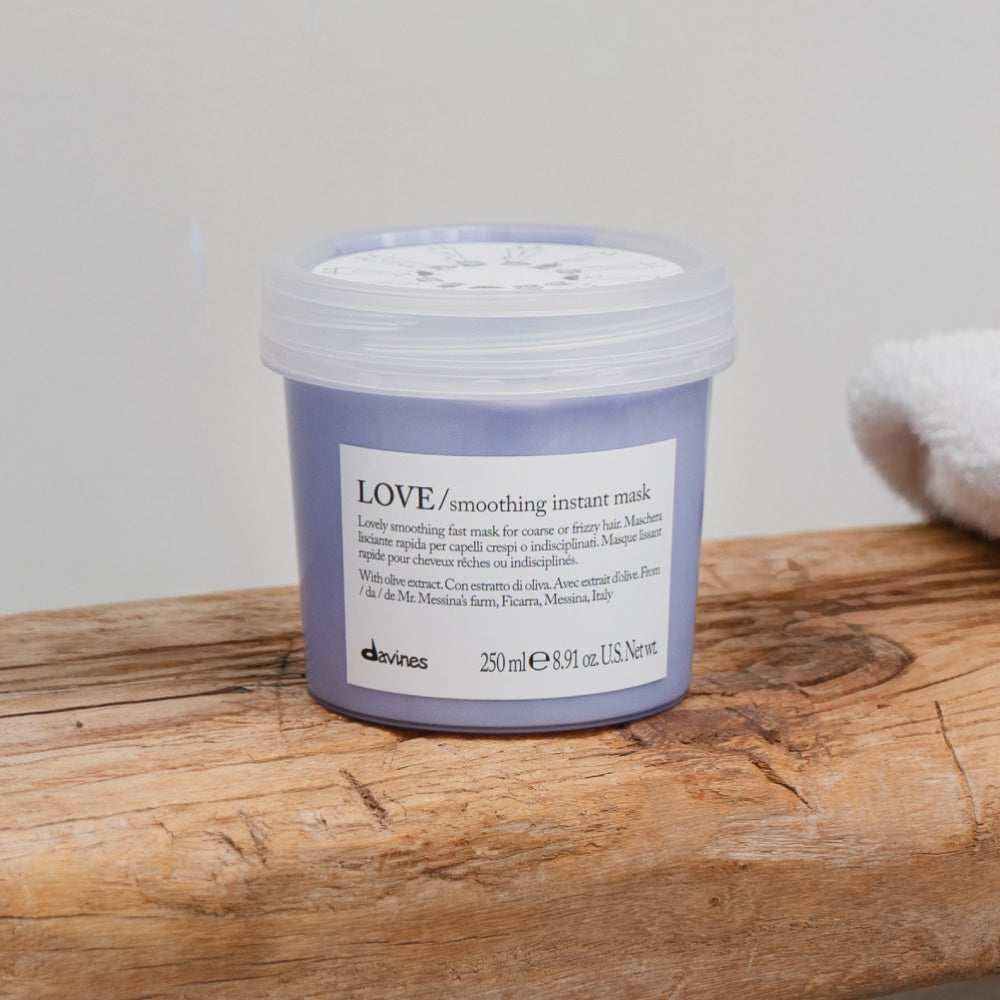
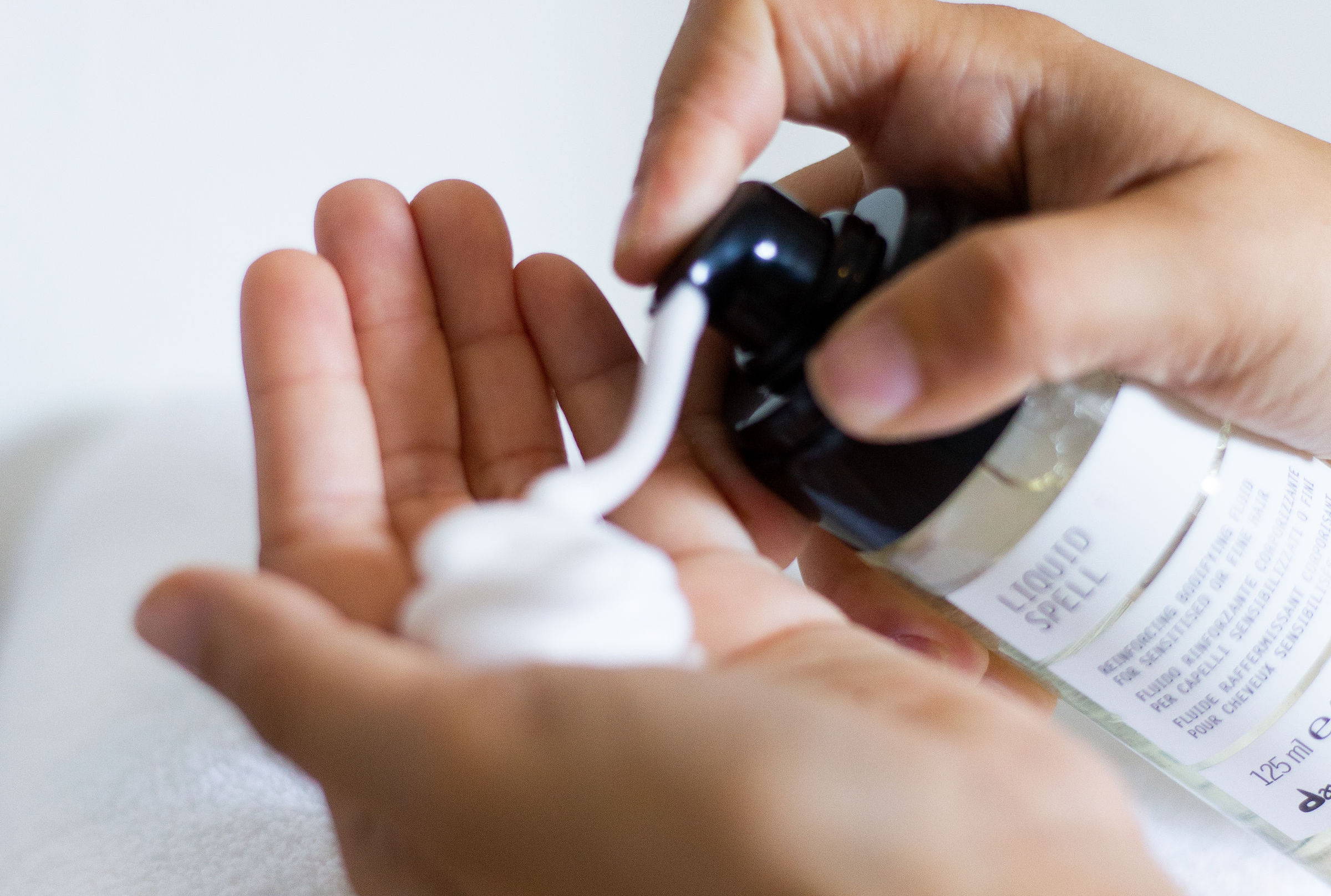
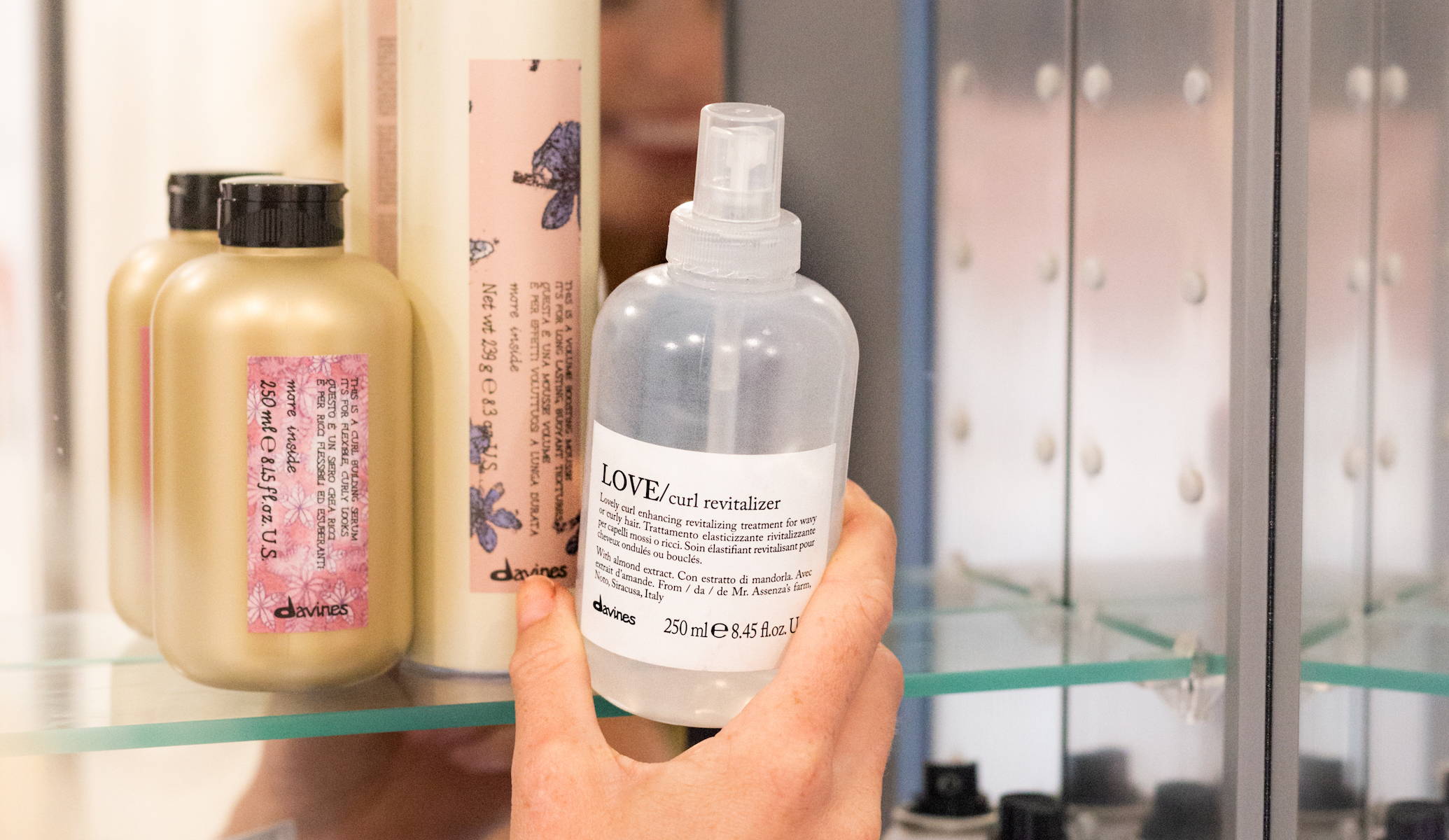
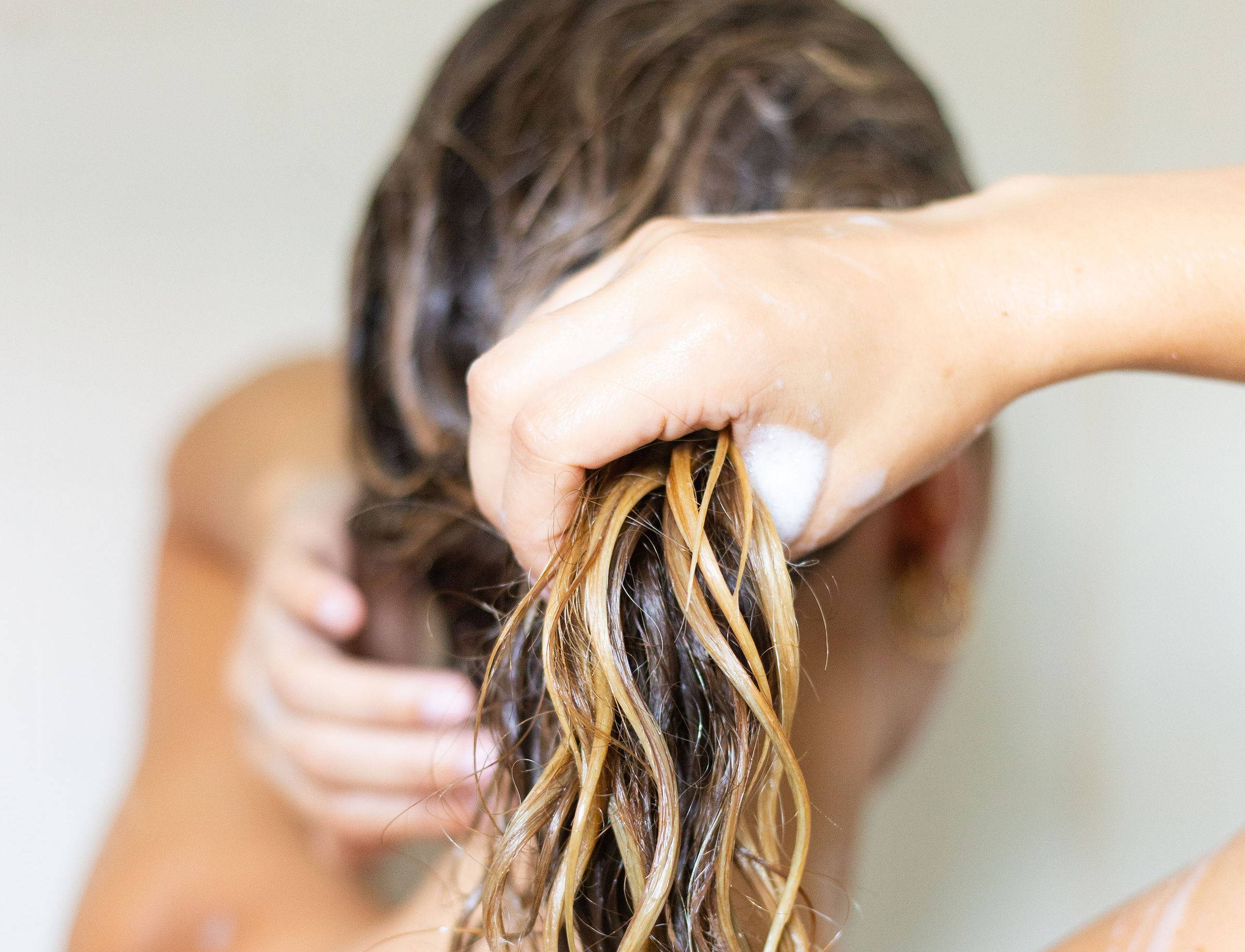
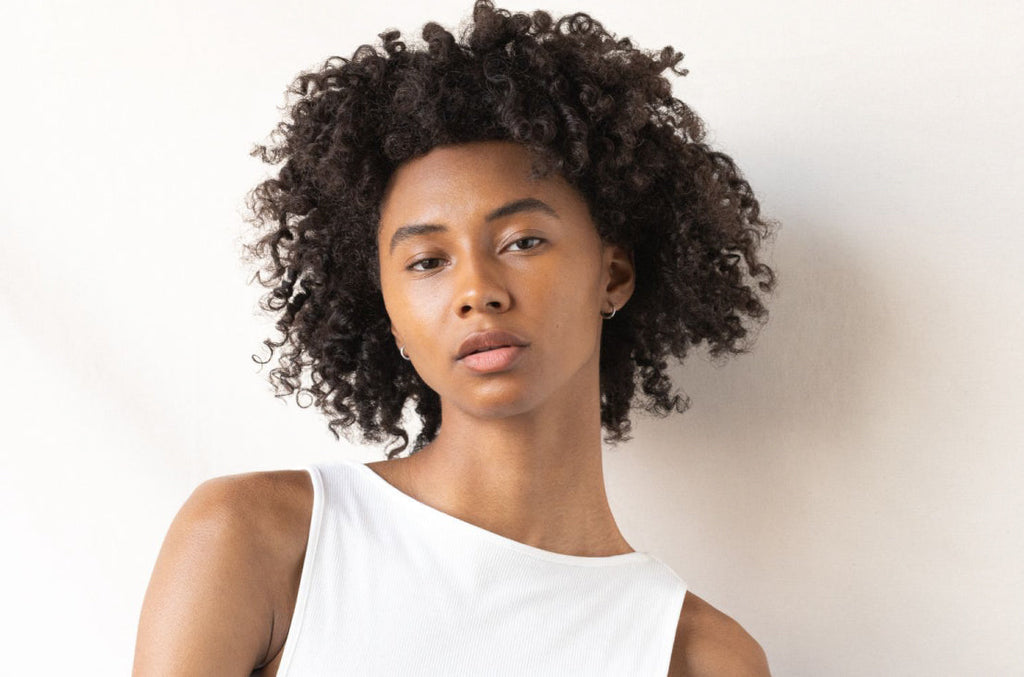
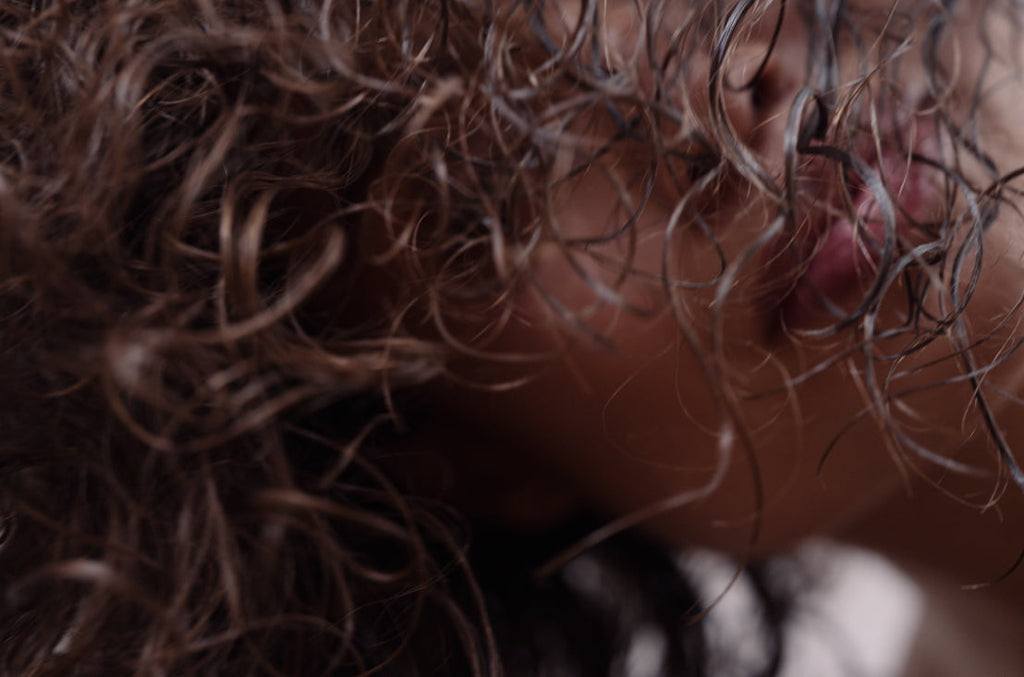

Leave a comment
Comments will be approved before showing up.